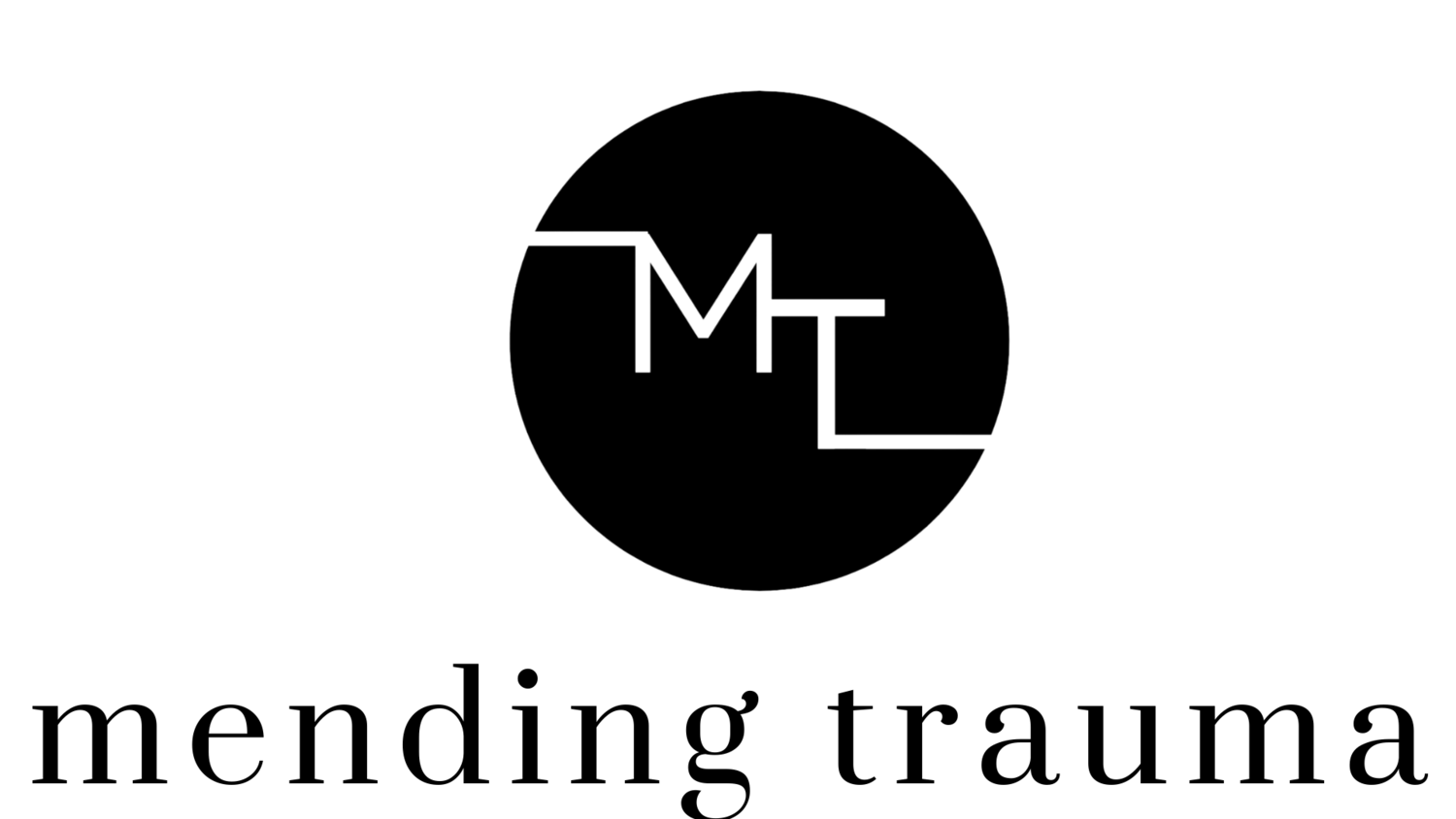Intermittent Fasting And How It Can Help Reduce Your Stress Levels
Have you ever tried intermittent fasting? It’s so beneficial for your mental health and your overall digestive system. If you can get through the initial 12 hours (it is easier than it sounds), your body will start doing some amazing things.
Let’s dive into intermittent fasting and how it can help reduce your stress levels!
Intermittent Fasting
One of the principles of intermittent fasting is to cleanse your body from the toxins that are currently in your body. We put food into our bodies several times a day, and they might not always be the healthiest foods. When we do intermittent fasting, we are helping our body clean itself out. By not putting anything in our body for an extended time, the body is able to metabolize and flush out some of the toxins
Intermittent fasting also helps us to restore our body back into wholeness, homeostasis, or balance. A lot of people are leery of doing intermittent fasting because they think they might get hungry or feel dizzy or have a headache. And that could happen for a limited time. If your body has too many carbohydrates or sugars stored up, and all of a sudden you take them away, your body may respond with a headache.
You see, our bodies get used to processing sugar. So when it's taken away, it has all these extra mechanisms for processing sugar that's no longer needed because the sugar isn't there. That can cause you to feel a little funny physically. But it's nothing to worry about, your body will, over a short period of time, tell those mechanisms, “we don't need you anymore.” You'll be able to flush them out of your body through fasting, and drinking water will help.
What To Do When You Aren’t Feeling Well During Intermittent Fasting.
The food you normally eat has electrolytes in it. It has things that have positive and negative charges in it, and the water you drink has that as well. If you drink distilled water, there is no charge of any sort coming into your body. Having a little Himalayan salt or some kind of electrolyte balance supplement is useful during fasting. It can be dangerous to fast without having electrolytes. You need to be electrically balanced.
I've experienced the sugar headache myself when I've tried to refrain from sugar (and also from caffeine). Within the first few hours that you're fasting your blood sugar drops a little bit and all the food leaves your stomach and your body stops producing insulin.
After about 12 hours, your body starts generating a little more human growth hormone, which we like because it has anti-aging properties. And it's burning and processing all that food still. And then after about 14 to 18 hours, you start having some of your fat burned as energy.
We advise you to check with a medical professional before you undertake any lengthy fast at all, which would be more than 24 hours.
What Is Autophagy?
Autophagy is the body's way of cleaning up damaged cells in order to regenerate newer, healthier cells. What happens is our body's supposed to have this process going all the time normally, where we have a balance of when we eat something our cells grow old, or die. And then there's a process called autophagy that comes in, and it eats those cells. And it takes anything that's still working in the cell, like mitochondria. And it repurposes it and creates a new cell with those working parts inside. So it's a very efficient system.
So if we're eating every two hours, or we're just eating excessive amounts we use old, tired cells that show on our body. Pro tip: exercise also increases autophagy and helps it skyrocket
How Does Intermittent Fasting Affect Mental Health?
Autophagy can also help our mental processes. When you're fasting for many hours, around hour 18, your ketones start to increase. And when you have ketones in your brain, that helps you focus. So some people feel a little bit of a fog at the beginning of a fast. But if they stick with it just long enough they can have more focus.
A great way to start a fast is to do it overnight. If you start fasting right after dinner, you will be 12 hours into your fast when you wake up in the morning.
If this is interesting to you, this is some of the stuff that we work on and talk about in our program, The Whole Health Lab, where we address toxic stress and trauma. I encourage you to check it out!

